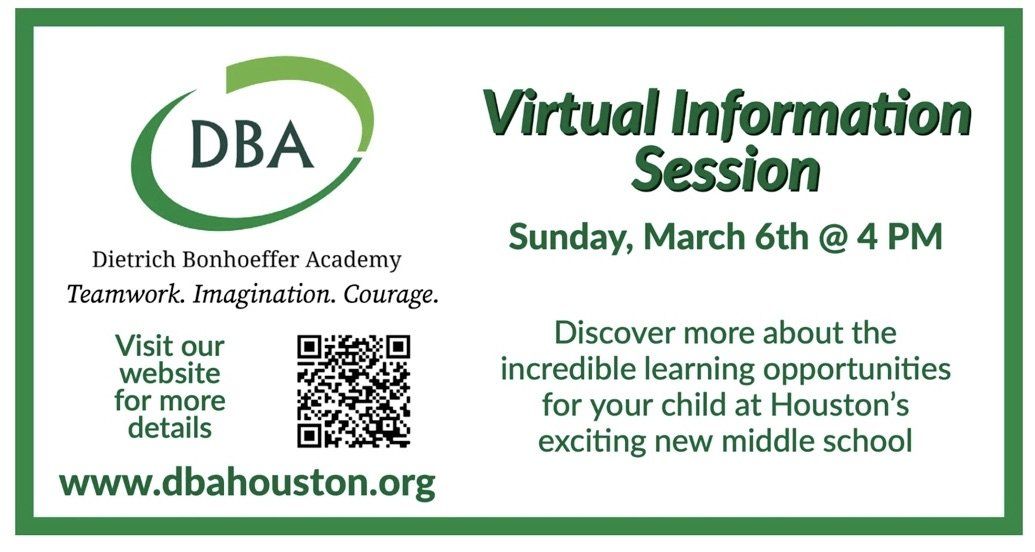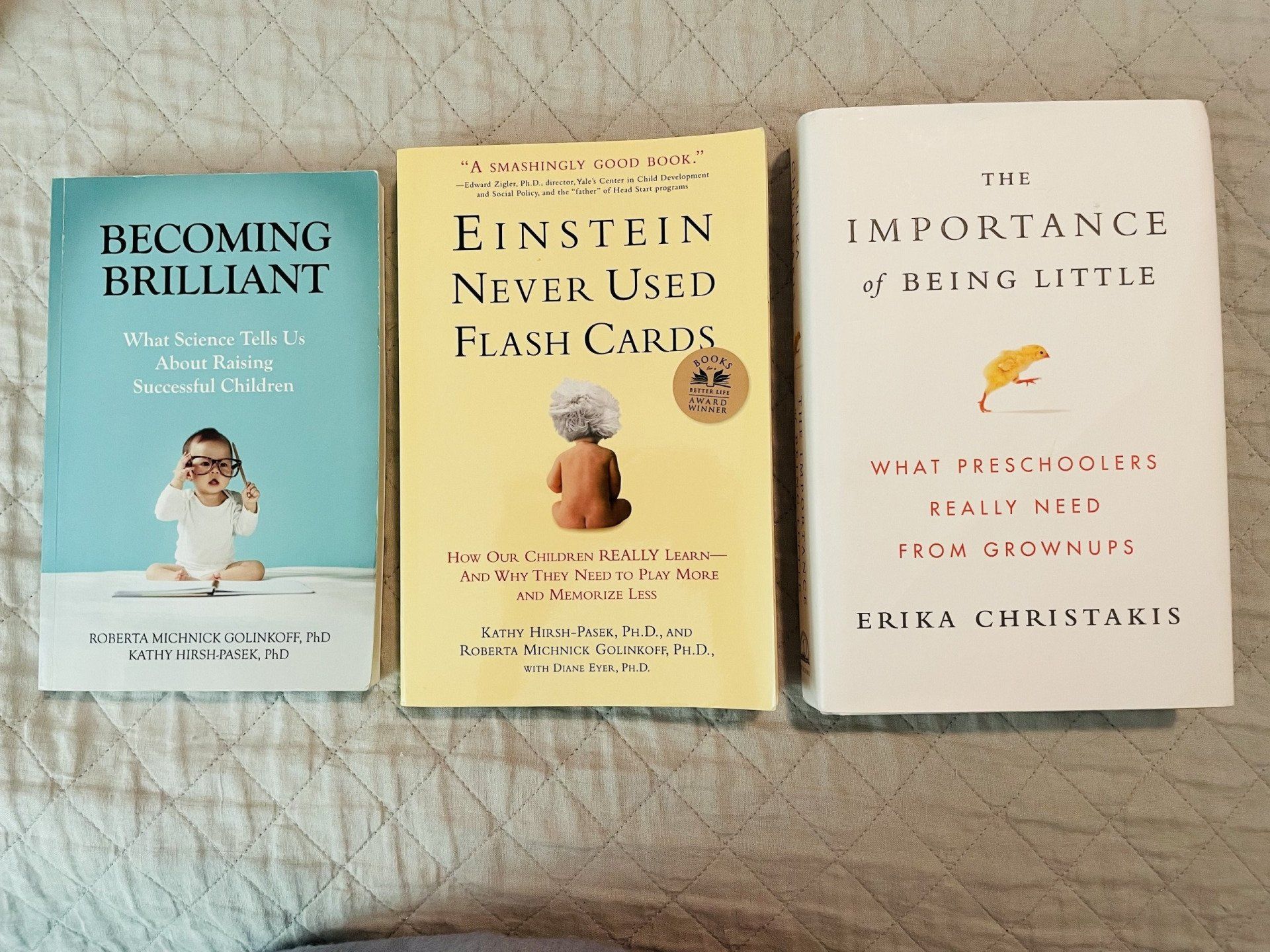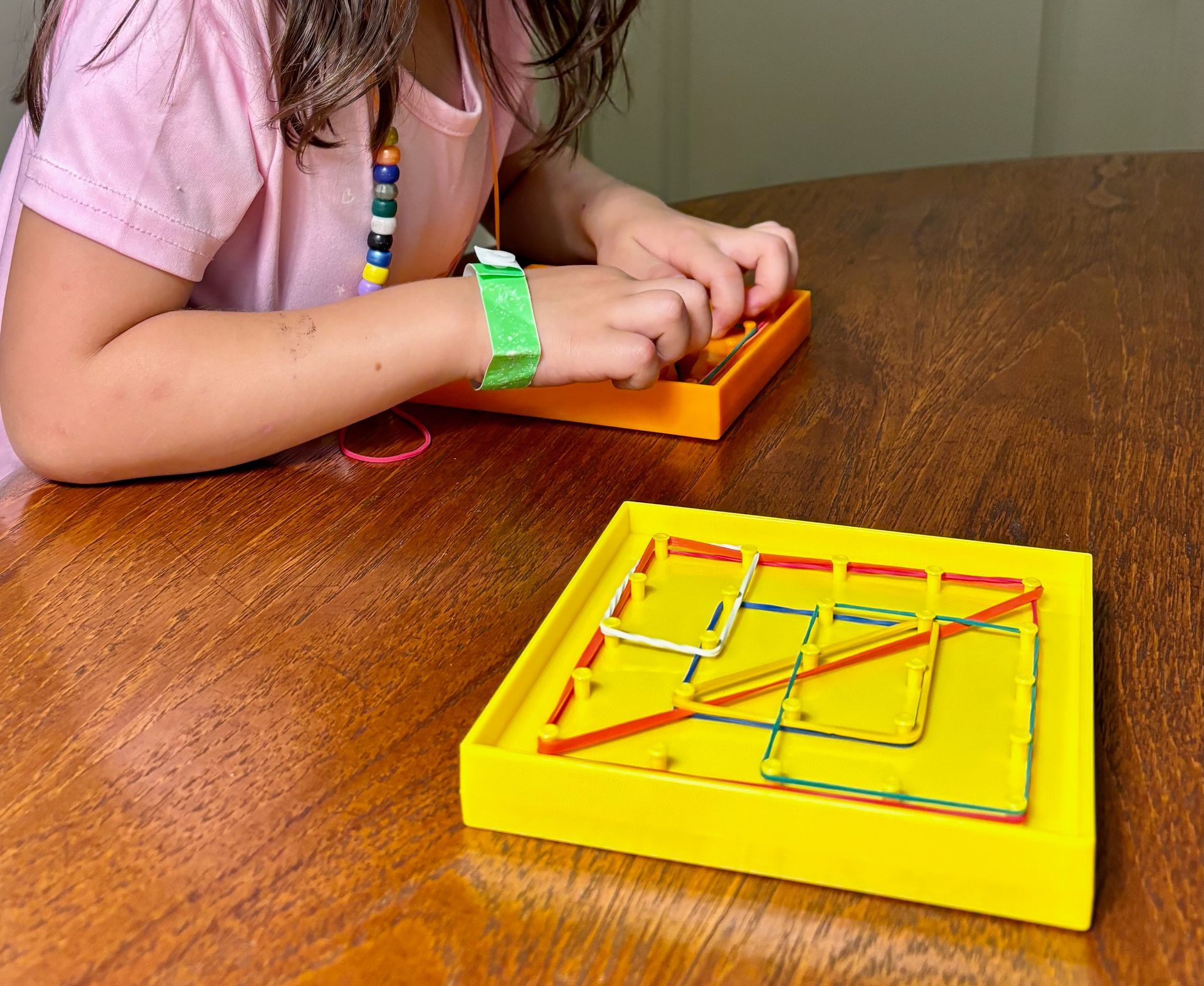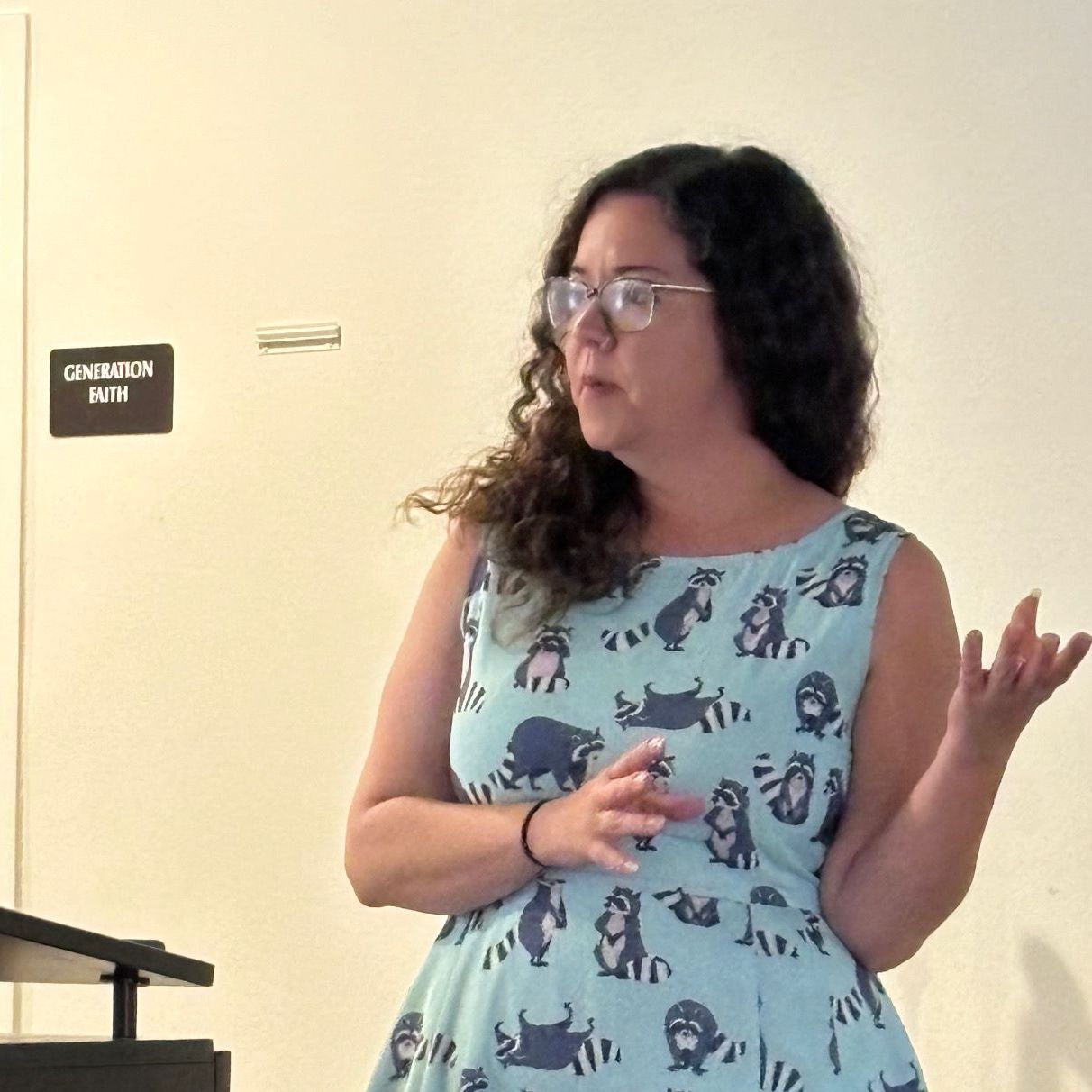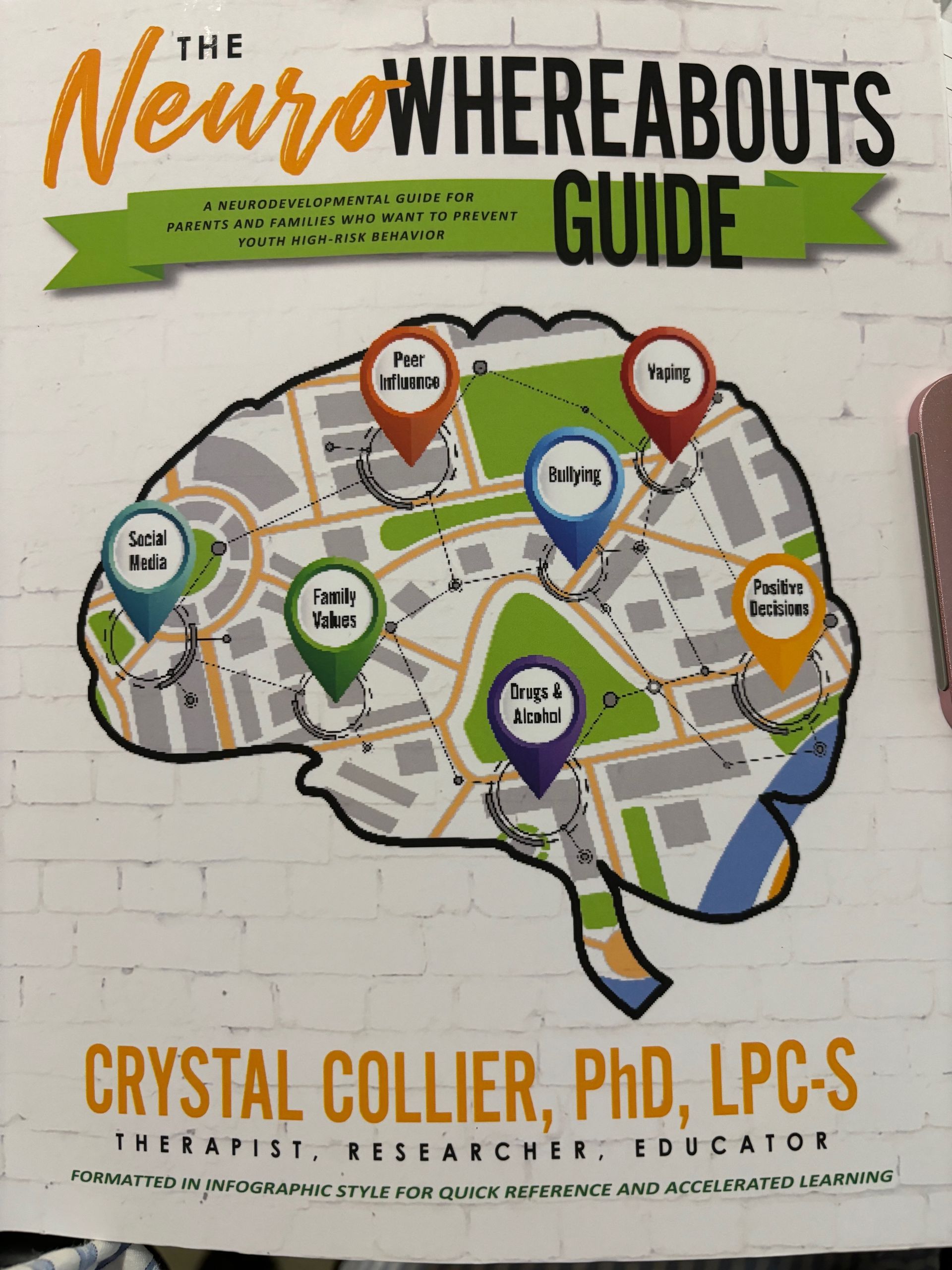
Private School Admission Myth #2
HOUSTON PRIVATE SCHOOL ADMISSION MYTHS
Real Information Parents Can Use
Carolyn Means, M.Ed., CEP
Houston’s Day School Consultant
Myth #2: Parents should not be truthful on applications.
Questions on School Applications:
Has your child had educational testing in the past?
Is there anything you would like to tell us that would help us know your child better?
Has your child been diagnosed with a learning disability?
Is your child currently taking medication?
Has your child been asked to leave a previous school?
What other schools did you apply to in the past?
Parent
“Oh, no!! This is an application to the school of our dreams and I have to answer these questions? If they find out the truth, my child will never be accepted.”
I get this reaction often, but my experience with schools has always proven that being truthful is the right choice. Of course, sometimes my client and I discuss a situation and determine that the answer is, “No”. Other times when it is clear that the answer is, “Yes”, I explain why schools need this information and why being truthful will benefit the child.
Myth #2: The Truth The truth is that schools want to partner with parents. Partnerships begin with a truthful application.
When parents are not truthful on applications, they begin a network of fibs that can come back to haunt them. Admission directors are not expecting to find perfect applicants. When they learn that a child has a learning differences or an unfortunate past experience, they want to know what support the student is getting and if it is sufficient for the student’s success.
If you have concerns about how to answer these types of questions, come see me for a SCHOOL SOLUTIONS Consultation to talk about how being truthful can benefit your chances of admission to a school. Often I can help parents with application responses by talking through the issue and helping them understand how the school might view it in a positive light.
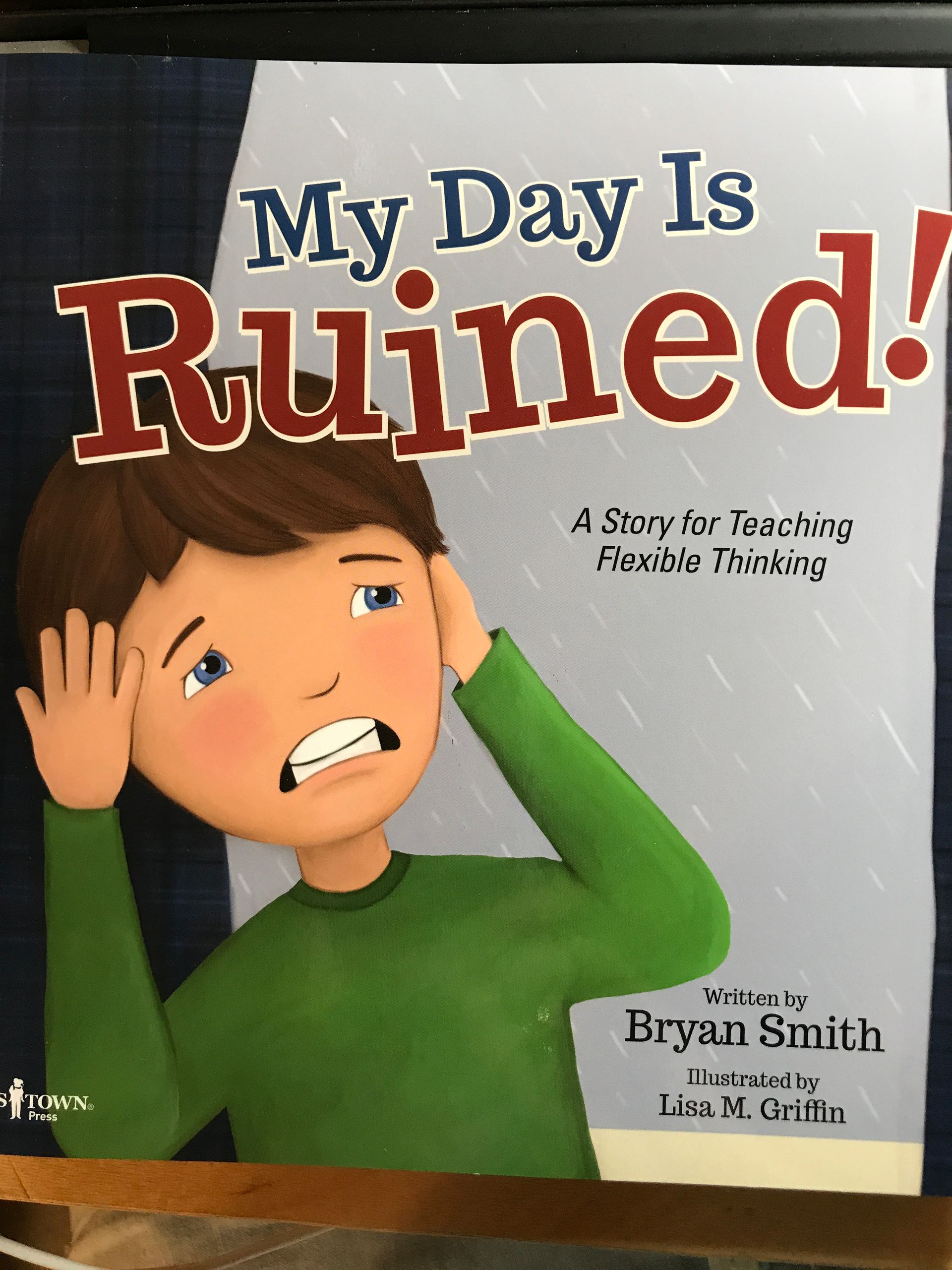
|
|
|


